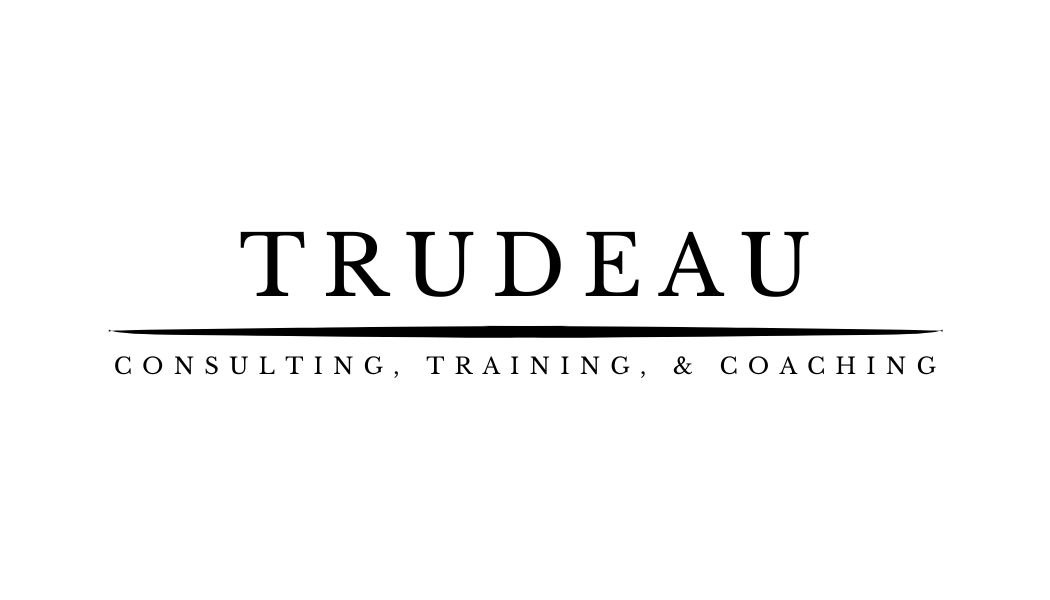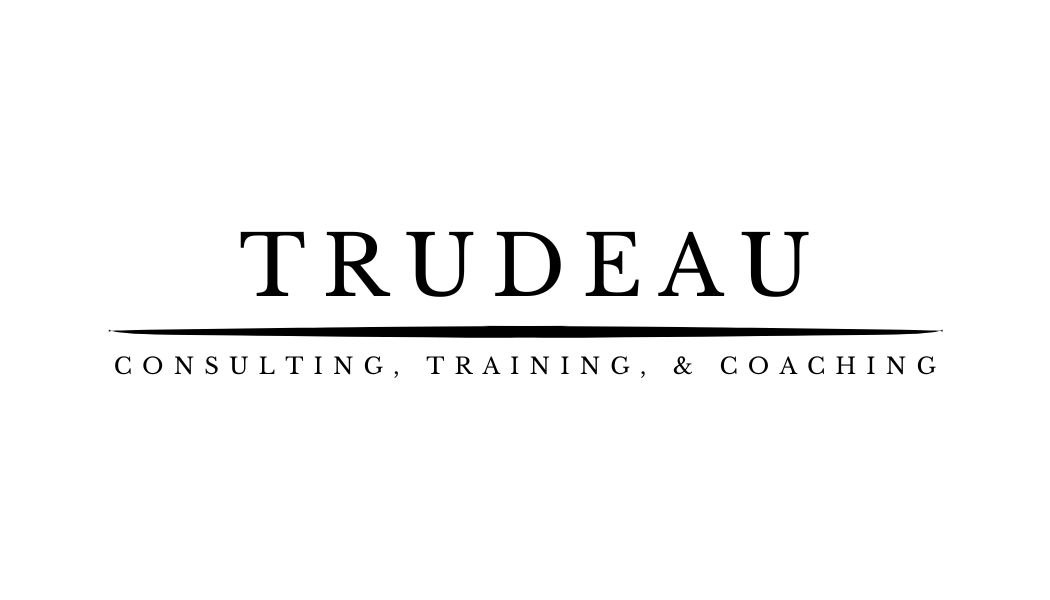Key Takeaways:
Find the life-changing potential of mindfulness in self-improvement.
Master useful skills to apply mindfulness in everyday life.
Realize the deep effects of mindfulness on mental and emotional health.
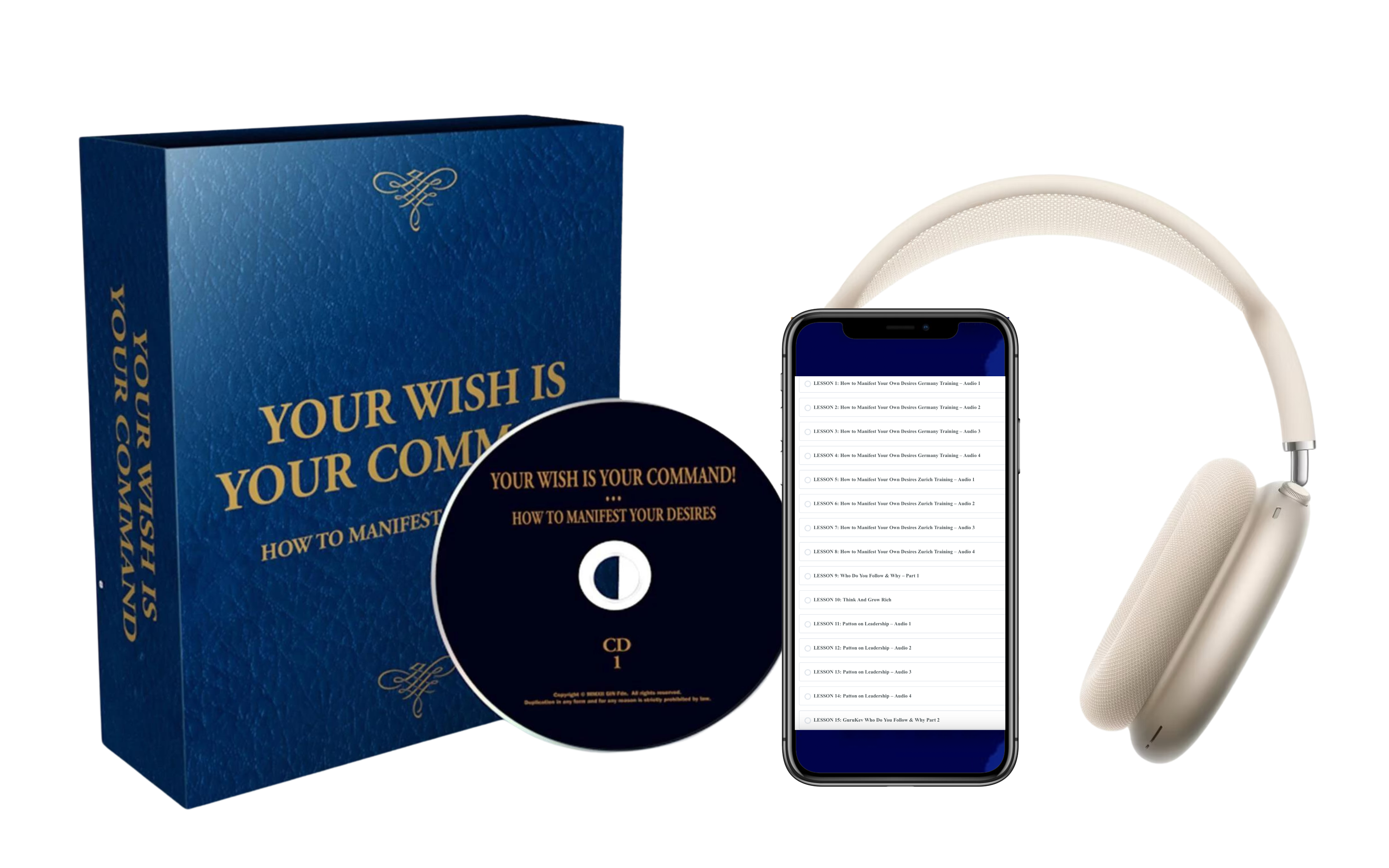
Introduction: The Journey to Self-Improvement
While striving for self-improvement, most of us are on a meandering path, usually full of barriers and distractions. The search for self-improvement can be akin to running after shadows, two steps forward followed by two backward. But there is one tremendous trick that can light the way and lead us to our destination: mindfulness. This age-old technique based on awareness and presence contains the secret to unleashing our own potential and changing our lives.
Mindfulness is not a fad; it's a way of life that challenges us to live in the moment, being aware of everything around us and our emotions. With mindfulness, we have the capacity to create a deeper awareness of ourselves and the world. This piece is about unveiling how mindfulness can enhance your personal growth process through tips and insights on how you can unlock its potential.

Understanding Mindfulness: More Than Just a Trend
Mindfulness is commonly misconceived as a transient fad, but its origin stretches back in history and culture. Bred from ancient Buddhist traditions, mindfulness has been adopted by contemporary psychology as an effective means of promoting mental welfare and well-being. Fundamentally, mindfulness involves noticing the moment as it is, without judgment, and this enables us to more richly and genuinely experience life.
The benefits of mindfulness extend beyond stress reduction and relaxation. Research has shown that regular mindfulness practice can improve focus, heighten creativity, and build emotional resilience. By training our minds to stay in the present, we break the cycle of negative thoughts and doubt that normally holds us back from advancing. Mindfulness allows us to react to problems in life with wit and grace, enabling us to open windows to productive self-improvement.

The Science of Mindfulness: A Deeper Perspective
Mindfulness has caught the interest of the scientific community, with numerous studies indicating its advantage for the brain and body. Researchers have discovered that mindfulness practice can lead to brain structural changes, particularly in areas associated with attention, emotional control, and self-awareness. These improvements enhance cognitive function and emotional intelligence, which are an ideal foundation for self-development.
Furthermore, mindfulness has been linked with reduced cortisol levels, the stress hormone, which has a strong influence over our physical health. Through the reduction of stress, mindfulness can improve immune functioning, reduce inflammation, and improve overall well-being. This model of integrated personal growth emphasizes the need to develop both mind and body, striking a balance that supports long-term growth.

Practical Mindfulness Techniques for Everyday Life
Bringing mindfulness into your day requires no radical transformation of your routine. Small habits can have a large impact, and you start with mindful breathing. Taking a few minutes every day focusing on your breath has the power to anchor your mind and reduce stress. You can do it anywhere, whether at work, at home, or stuck in traffic.
Another effective tool is mindful eating, where you savor each bite and pay attention to the flavors, textures, and sensations of your food. This exercise not only enhances your eating experience but also aids in healthier eating habits by causing you to react to your body's cues of hunger and fullness. Through the application of these mindfulness techniques in your daily life, you can become more attuned and present, pushing your self-improvement journey.

Mindfulness and Emotional Intelligence: A Dynamic Duo
Emotional intelligence, the ability to know and manage emotions, is an integral part of personal and professional success. Mindfulness can enhance emotional intelligence by cultivating self-awareness and empathy. Being mindful makes us more attuned to ourselves and others, allowing us to navigate social situations more effortlessly and efficiently.
With the cultivation of emotional intelligence, mindfulness can also lead to healthier relationships and communication skills, thereby establishing more meaningful interpersonal relationships. Mindfulness enables us to handle stress and conflict with greater ease, reducing the likelihood of emotional outbursts and miscommunication. With the growth of emotional intelligence through mindfulness, we become better equipped to handle the challenges of life with dignity and resilience.

Overcoming Obstacles with Mindfulness
Life is not free of obstacles, and personal development is no exception. But awareness can be a powerful tool in overcoming obstacles and failures. Having our minds focused and alert, we can face problems in a clear mind and open heart, which will allow us to come up with innovative solutions and learn the lesson from it.
Mindfulness also educates us on the importance of patience and perseverance, the set of traits required for the achievement of long-term goals. In the face of difficulties, mindfulness leads us to embrace the process rather than being focused on the destination. This shift in perspective can reduce the sense of frustration and disappointment, enabling us to continue with the improvement of ourselves.
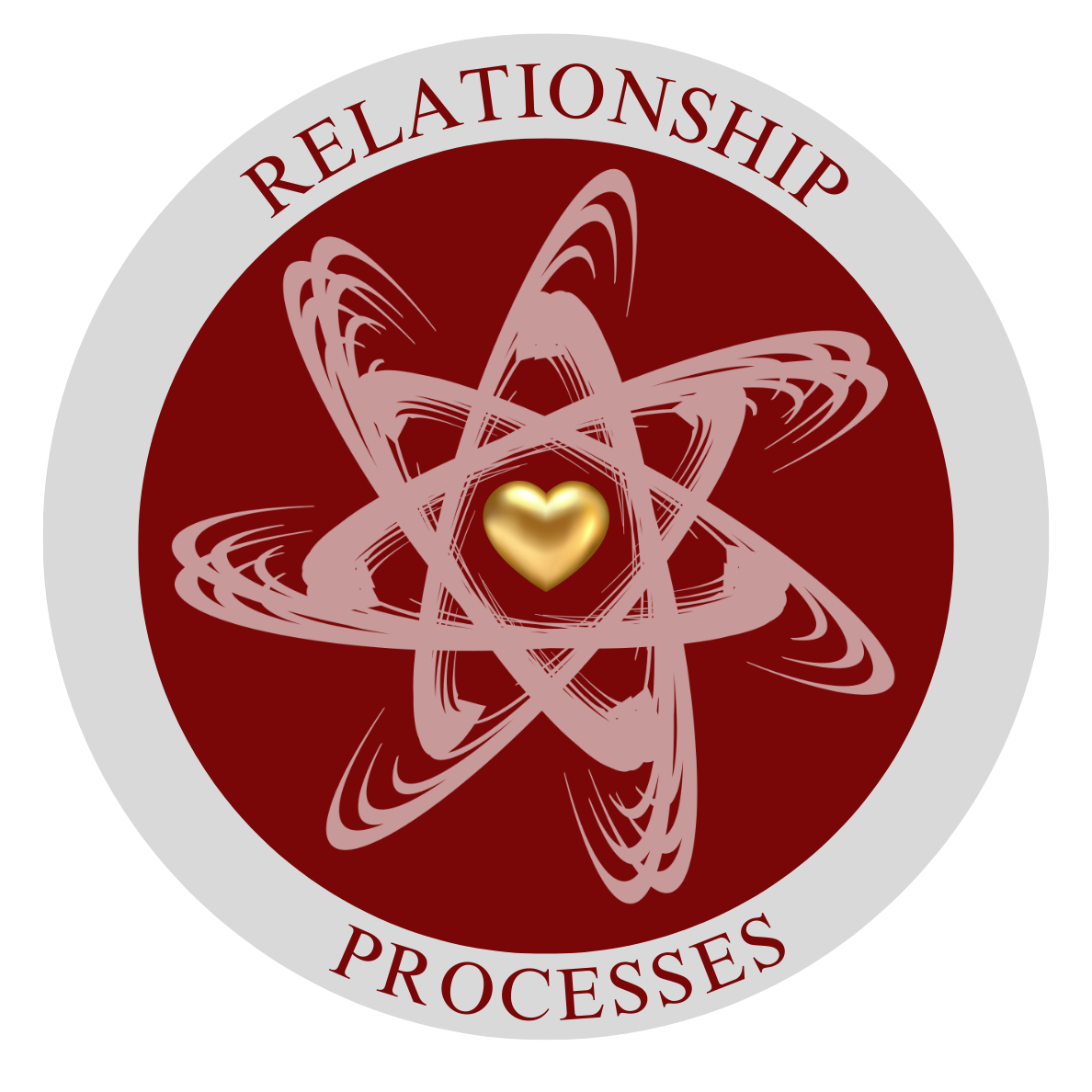
Mindfulness in the Workplace: Building Productivity and Well-being
The advantages of mindfulness are not just confined to self-development but also provide significant benefits to the workplace. Mindfulness can improve productivity with enhanced focus and concentration, which enables us to do tasks in a more effective and efficient manner. Through decreased stress and an improved work environment, mindfulness can also increase employee morale and job satisfaction.
Businesses that practice mindfulness experience increased collaboration and teamwork as employees become tolerant and compassionate towards one another. This enabling environment results in innovation and creativity, driving the business towards growth. Integrating mindfulness in the workplace enables businesses to create a well-being culture that transcends employees and the business as a whole.
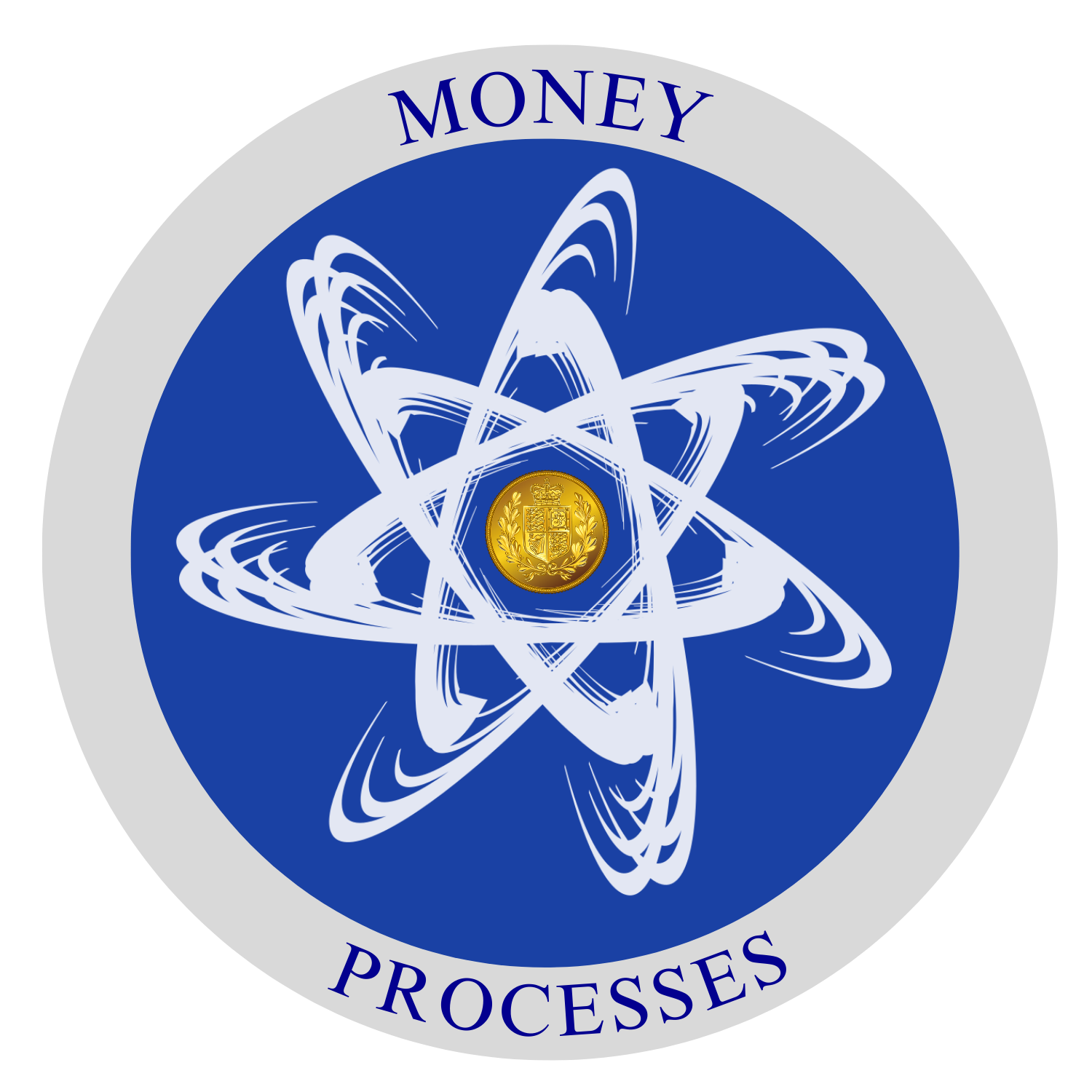
Mindfulness and Mental Health: A Path to Healing
Mental health is a significant component of self-improvement, and mindfulness is a powerful instrument for psychological improvement. Mindfulness treatments have been demonstrated to reduce symptoms of anxiety, depression, and other mental illness conditions. By the practice of leading an individual to pay attention to his or her thoughts and feelings non-judgmentally, mindfulness has the capacity to break the cycle of bad thinking that usually causes mental illness.
Beyond its therapeutic applications, mindfulness can be used as a means to hone general mental awareness and focus, which allows for goal establishment and realization to become easier. Mindfulness allows for the ability to gain control over one's mental health and become involved in a journey toward healing and growth through optimism and support for one's compassion.
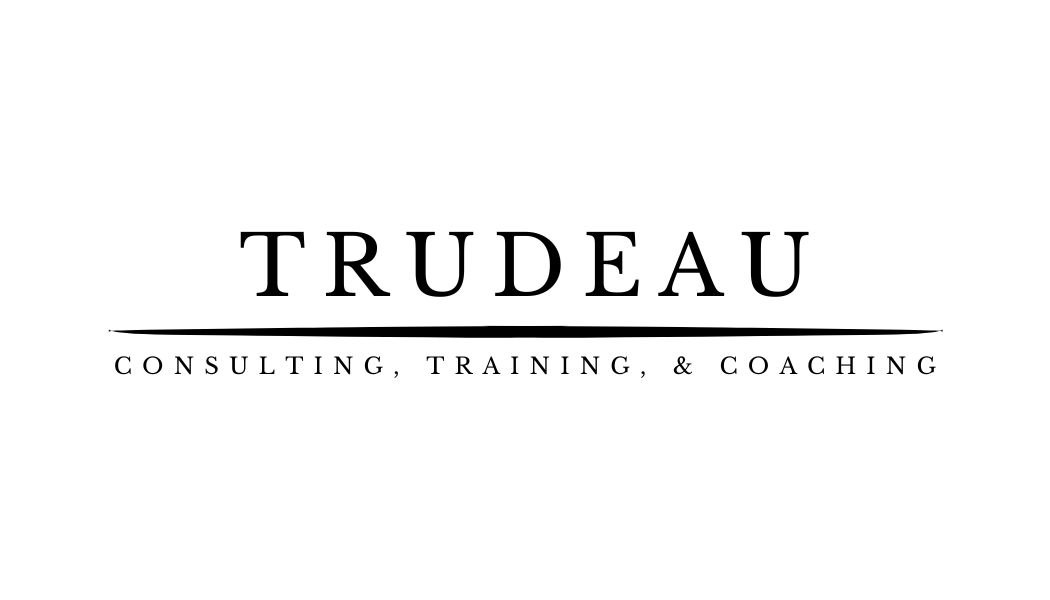
Tips for Beginning Practitioners: Cultivating Mindfulness
For those new to mindfulness, getting started can be intimidating. The positive thing to remember is that mindfulness is a skill that can be mastered with patience and dedication. Begin by committing a few minutes every day to mindfulness meditation and observe your thoughts and breath without judgment.
The more you practice, the more comfortable you will become. Gradually increase the duration of time for each session and experiment with different mindfulness exercises, such as body scan or loving-kindness meditation. Remember that mindfulness is unique to each individual and there is no right or wrong way to do it. It's a matter of remaining open and curious and letting yourself get fully immersed in the here and now.
Summary
Mindfulness is a transformational practice that can turbocharge your process of self-development. By creating awareness and presence, mindfulness enables us to overcome obstacles, build emotional intelligence, and achieve mental and physical well-being. Whether you seek to improve your personal life or boost workplace efficiency, mindfulness offers a powerful weapon that can facilitate success. Tap into the power of mindfulness and realize your potential for growth and change.
FAQ
Q1: How can mindfulness improve my concentration and attention?
A1: Mindfulness helps improve concentration and attention by training the mind to stay present and focused. Regular practice makes the brain more efficient at filtering out distractions and focusing on tasks, leading to increased productivity and efficiency.
Q2: Is mindfulness helpful in stress management?
A2: Mindfulness is an asset for stress reduction. Mindfulness helps the management of stress by triggering relaxation and reducing cortisol, soothing the body and mind as well as allowing one to respond to stressors more clearly and calmly.
Q3: How long does it take to benefit from mindfulness?
A3: The rewards of mindfulness will be different for different people and how regularly they practice. A few weeks is long enough for some individuals to see improvements in concentration and overall well-being, whereas others will take more time. The important thing is to practice regularly and be patient with the process.







